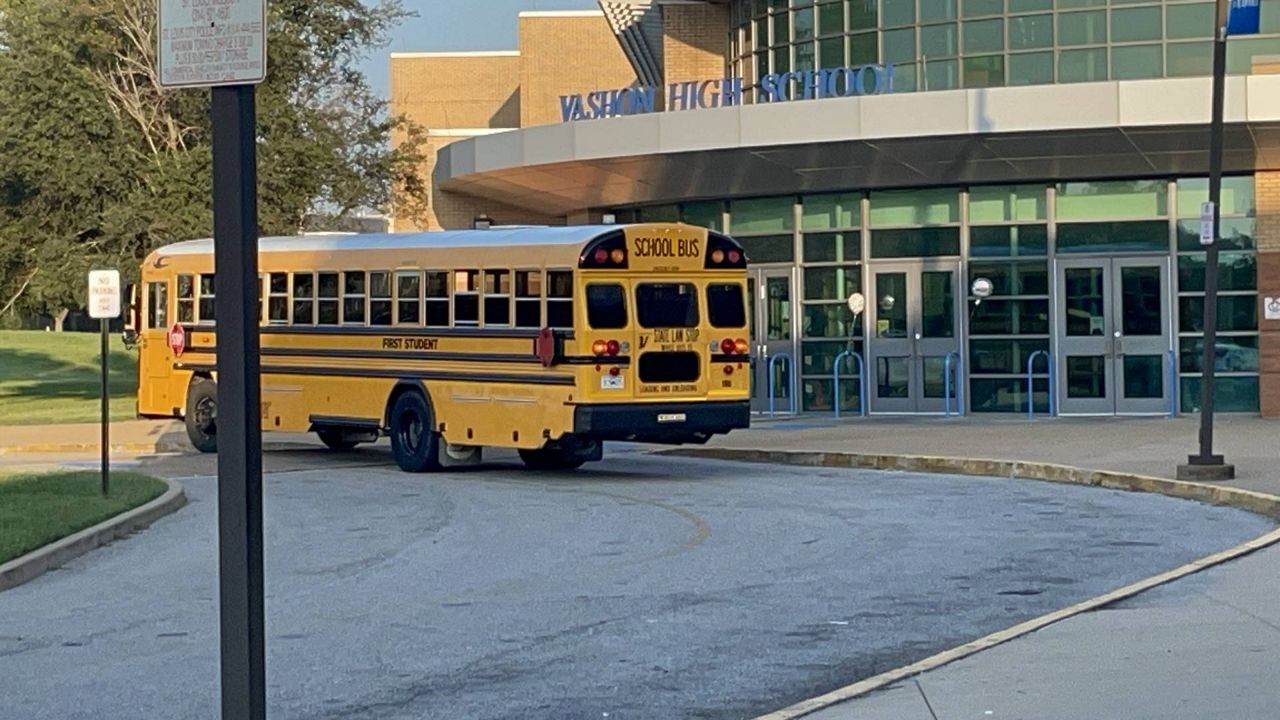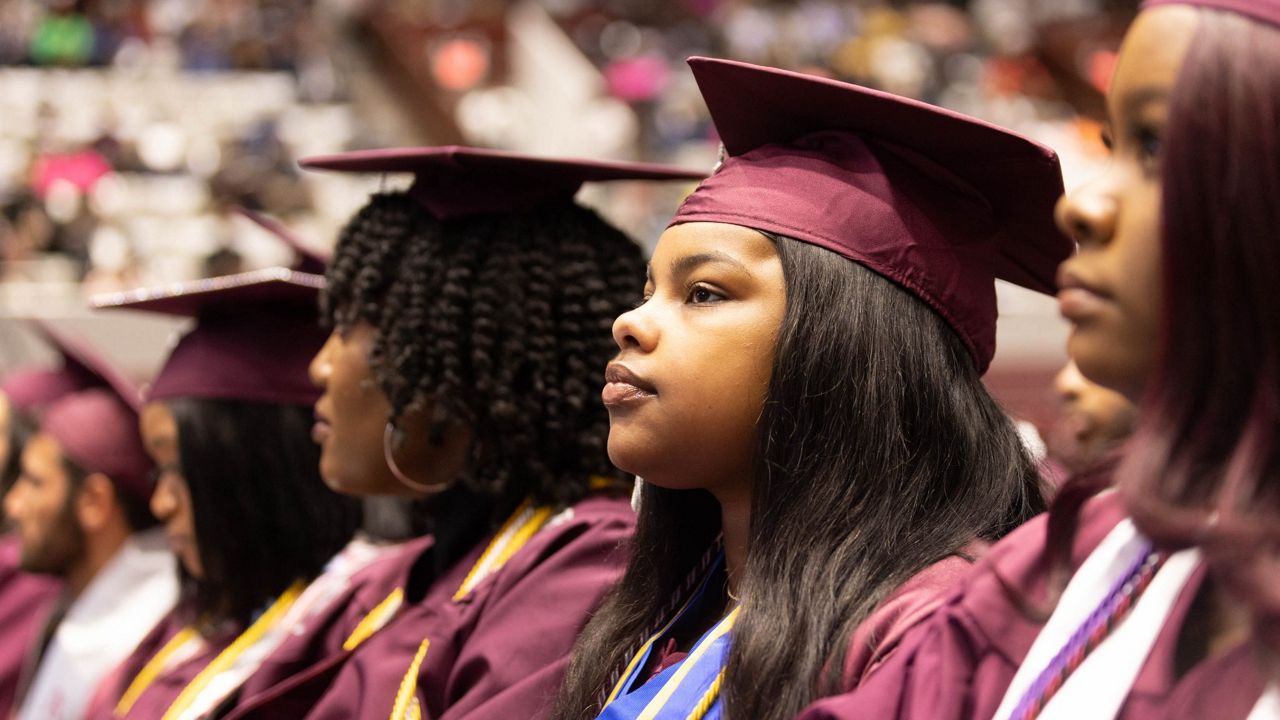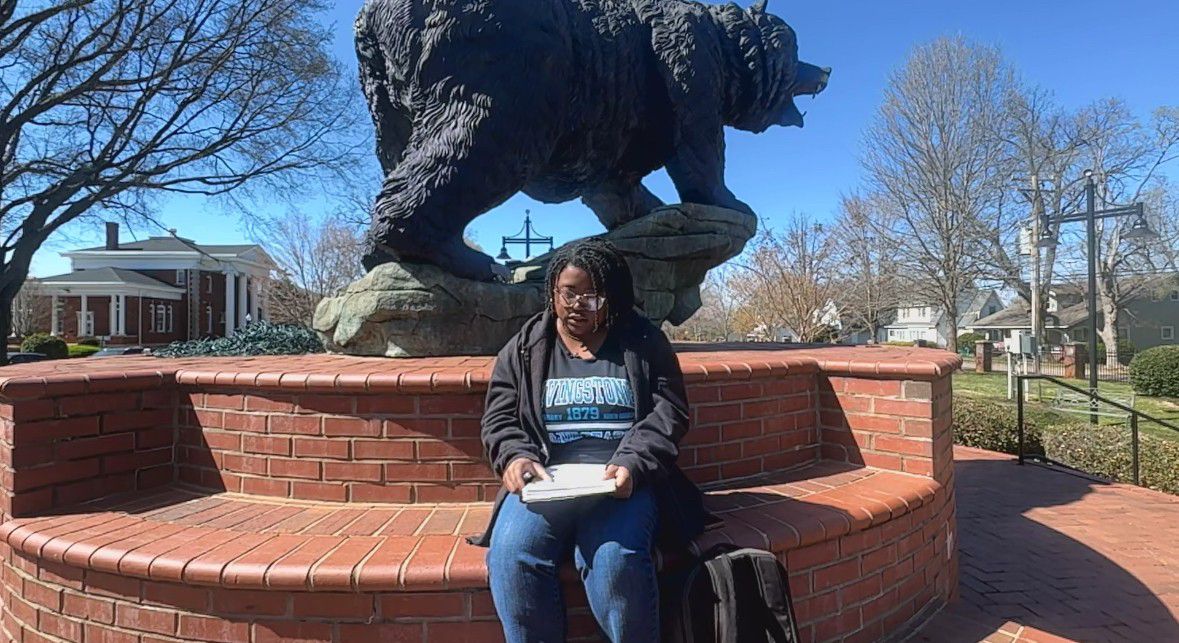Months before the controversy surrounding New York Times Journalist Nikole Hannah-Jones tenure at UNC would become public, private conversations were underway questioning whether the Pulitzer-winning reporter was worthy of such an honor.
What You Need to Know
Emails show major UNC journalism school donor rised objections to a tenured position for Nikole Hannah-Jones
One of the school's journalism professors reacts to the conservations shown in the emails
He said some faculty may include the handling of the controversy in their courses
The namesake of the UNC School of Journalism and Media, Walter Hussman, began sending emails to UNC leaders as early as the summer of 2020. These emails, revealed through a Freedom of Information Request, showed Hussman’s view that Hannah-Jones would be a divisive and undeserving member of the school’s tenured staff.
Hussman's concerns were shared by alumni and other leaders at UNC, sparking a controversy when an effort to deny her tenure became public in the spring. And despite Hannah-Jones ultimately being approved for tenure by the UNC Board of Trustee a month ago, she ultimately chose to join Howard University, a historically Black college, in a tenured position.
But backroom conversations outside the public eye leading up to the tenure vote, national outcries in support of Hannah-Jones and the role of Hussman in academic affairs still looms large as the journalism school faculty and students prepare to return to school.
“I find it all disturbing and I think a lot of people here just feel left out to dry,” Daniel Kreiss, UNC journalism school distinguished professor, told Spectrum News 1.
In the lead up to the June 30 decision, students and faculty consistently said they were puzzled by the delays after journalism school faculty overwhelmingly approved her for a permanent and protected role.
“What I found really disturbing was the ways in which that went around that process and the fact that it was our namesake donor whose voice carries a lot of influence, I'm sure behind closed doors, trying to overturn from the school and the university. I think was the most disturbing part,” Kreiss said.
He explained that Hussman did not voice his concerns over Hannah-Jones’ commentary, of which she won her Pulitzer Prize, to the faculty.
Hussman repeatedly expressed concern about Hannah-Jones joining the staff as a tenured professor to UNC leadership, including board members and chancellor Kevin Guskiewicz.
In one email, Hussman cites Hannah-Jones’ work, which examines the role of slavery in the founding of the United States and says that ‘giving her a platform to argue for [reparations] as a tenured professor would not be beneficial but instead detrimental to the school.”
“It will be detrimental because it will be so controversial, contentious, and divisive,” Hussman continued in a September 16, 2020 email. “I worry that because she is already somewhat of a celebrity, reparations will become what the school is primarily known for with the public.”
Hussman donated $25 million to his alma mater in 2019, leading to his name headlining the top journalism school.
“There’s been all this controversy around the donor, around the donor’s statement of his values for his newspapers being applied to the school wrongfully. It's just had a real impact,” Kreiss said.
In a tweet Tuesday, Hannah-Jones said “it’s an odd feeling to be a journalist reading the documents released in response to public records requests where you are the subject. People lobbied not just against my UNC hire, but against UNC even talking about my work and me as an alum.”
As professors gear up to welcome students back to Chapel Hill later this month, Kreiss said the developments have “impacted staff, students and faculty in so many ways.”
It is unclear whether there have been serious discussions about removing Hussman’s name from the school. Kreiss said some faculty may include the handling of the controversy in their courses.
“The faculty is anticipating we’re going to be talking about this in our classes, and we’re going to be creating forums to discuss what should have happened here,” Kreiss said. “Maybe I'm cautiously optimistic that we can make this a real learning moment about recommitting to the principles of public debate and public dialogue.”
Tyler Fleming of Spectrum News 1 also contributed to this report.









